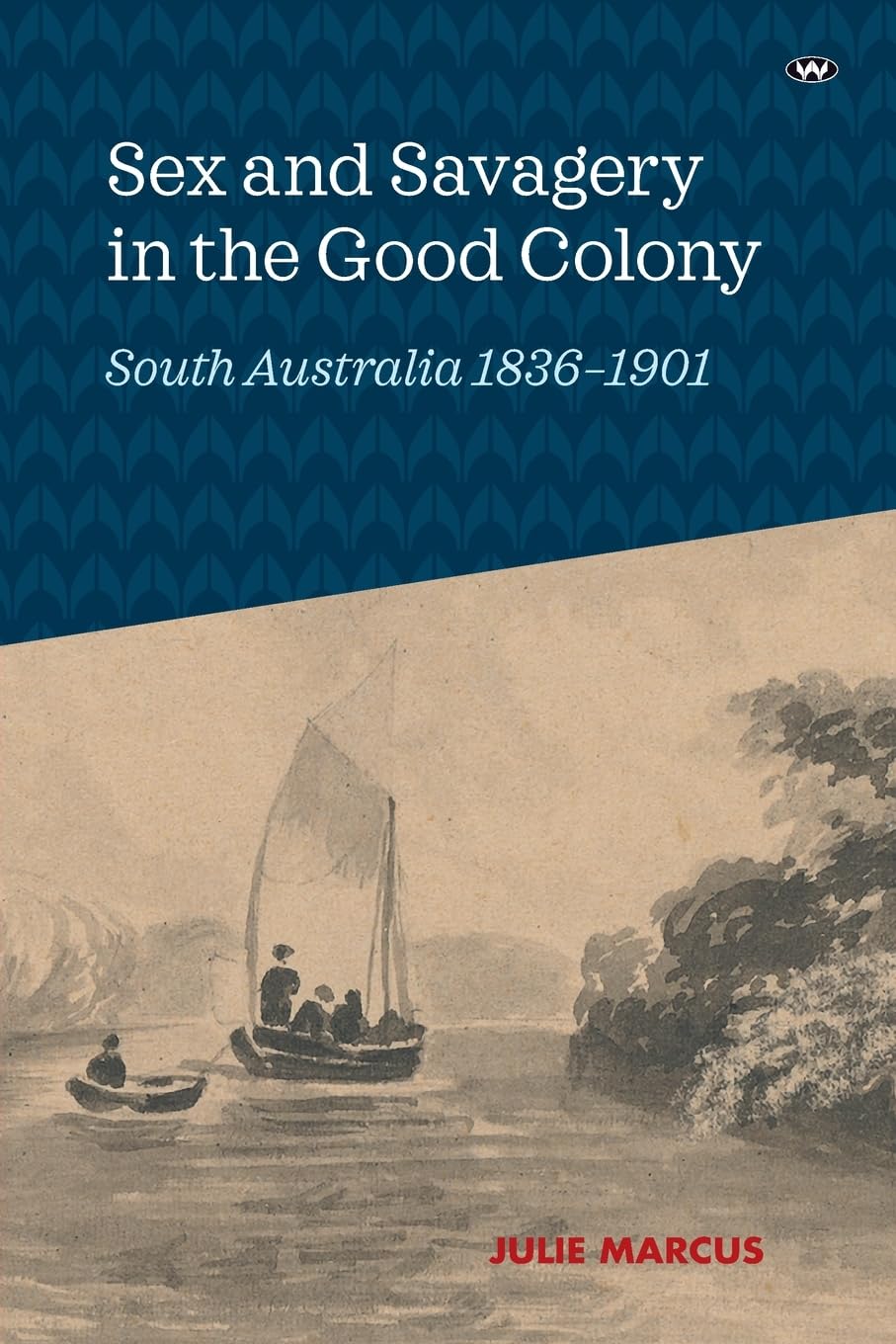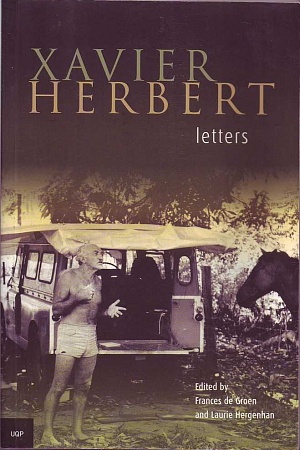Letter from Istanbul
Why don’t you go and see him?’ said Alper. I had met Alper in a small hotel in Istanbul. Over breakfast, we discovered a common interest in Orhan Pamuk, a distinguished contemporary Turkish novelist. Before leaving Australia, I had read Pamuk’s only two novels available in English translation (Faber), including his latest one, highly popular in Turkey, A New Life, and the previous, The Black Book. These are so complex, weaving such a net of allusiveness to writings of East and West, that they seemed only partly accessible to an outsider. But they left a strong impression. Both books are about a quest: is it possible to have, let alone to know, a distinctive self? Any answer is denied by the characters’ own blindness – their perverse desire, born of fear, to be someone else. This question of self involves political problems of dependence and independence, of national self-determination, problems that have influenced post-colonial countries as well as divisions between East and West. These complex concerns are explored through ‘doubles’ or ‘twinned’ characters, who can ‘turn into’, or even destroy, the other. The conventionalising effects of language and writing complicate the issues.
Continue reading for only $10 per month. Subscribe and gain full access to Australian Book Review. Already a subscriber? Sign in. If you need assistance, feel free to contact us.








Leave a comment
If you are an ABR subscriber, you will need to sign in to post a comment.
If you have forgotten your sign in details, or if you receive an error message when trying to submit your comment, please email your comment (and the name of the article to which it relates) to ABR Comments. We will review your comment and, subject to approval, we will post it under your name.
Please note that all comments must be approved by ABR and comply with our Terms & Conditions.